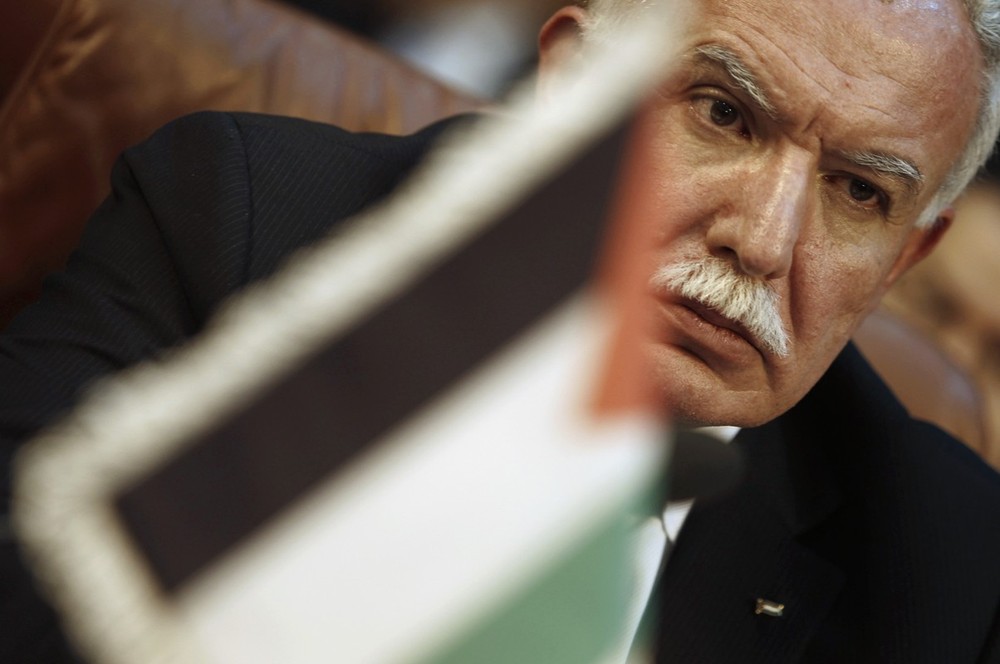Ethiopia supports efforts to end Israel-Gaza hostilities
By Tesfa-Alem Tekle
November 21, 2012 (ADDIS ABABA) – Palestinian foreign minister, Riyad Al Malki, paid a visit this week to Addis Ababa where he held talks with Ethiopian prime minister, Hailemariam Dessalegn, on the current crises in the Gaza Strip.

The Ethiopian premier also affirmed Ethiopia’s support for the right of the Palestinian people to self-determination.
Following the talks, Malik said that Palestine had urged the international community to impose a truce between Hamas and Israel.
During the past few days Israel has carried out airstrikes on nearly 500 targets in Gaza, from which hundreds of rockets have been fired across the border.
At least 162 Palestinians, including dozens of children, have been killed in Gaza since Israel launched airstrikes last Wednesday. Retaliation attacks by Hamas have killed at least five Israelis.
Truce deal
After over a week of clashes, Israel and Hamas on Wednesday agreed to end violence under an Egyptian-orchestrated ceasefire.
Both sides have agreed to end all violence within 24 hours. Accordingly Israel will stop attacks via land, sea and air. Hamas also stops firing rockets into Israel.
The ceasefire agreement between the two sides had been delayed due to Israel’s failure to respond to proposals forwarded by the Egyptian mediators.
The delay to cement a truce had led to a continuation of airstrikes and missile exchanges between the two long-term rivals.
Israel has set an end to Hamas rocket attacks on its territory as a precondition to a ceasefire. Hamas demands an end to incursions in the Gaza territories.
World leaders have been calling for calm in light of the fear that the conflict may escalate and cause regional insecurity and instability.
(ST)
